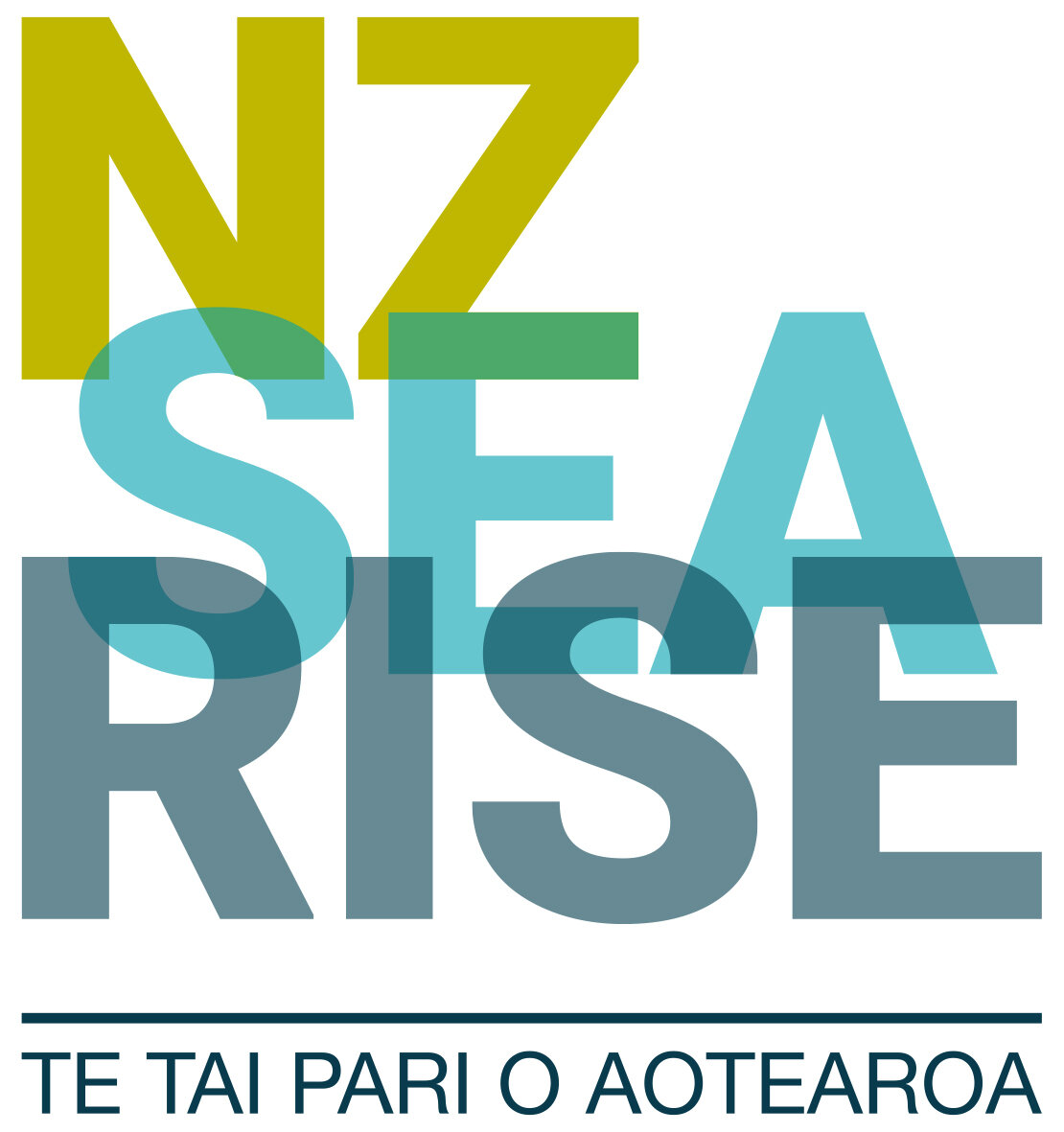Nick Golledge, Associate Professor at Te Herenga Waka and lead of impact 2, writes an update on his latest research for The Conversation.
Last week, rivers froze over in Chicago when it got colder than at the North Pole. At the same time, temperatures hit 47℃ in Adelaide during the peak of a heatwave.
Such extreme and unpredictable weather is likely to get worse as ice sheets at both poles continue to melt.
Our research, published today, shows that the combined melting of the Greenland and Antarctic ice sheets is likely to affect the entire global climate system, triggering more variable weather and further melting. Our model predictions suggest that we will see more of the recent extreme weather, both hot and cold, with disruptive effects for agriculture, infrastructure, and human life itself.
We argue that global policy needs urgent review to prevent dangerous consequences.
Read more at The Conversation


